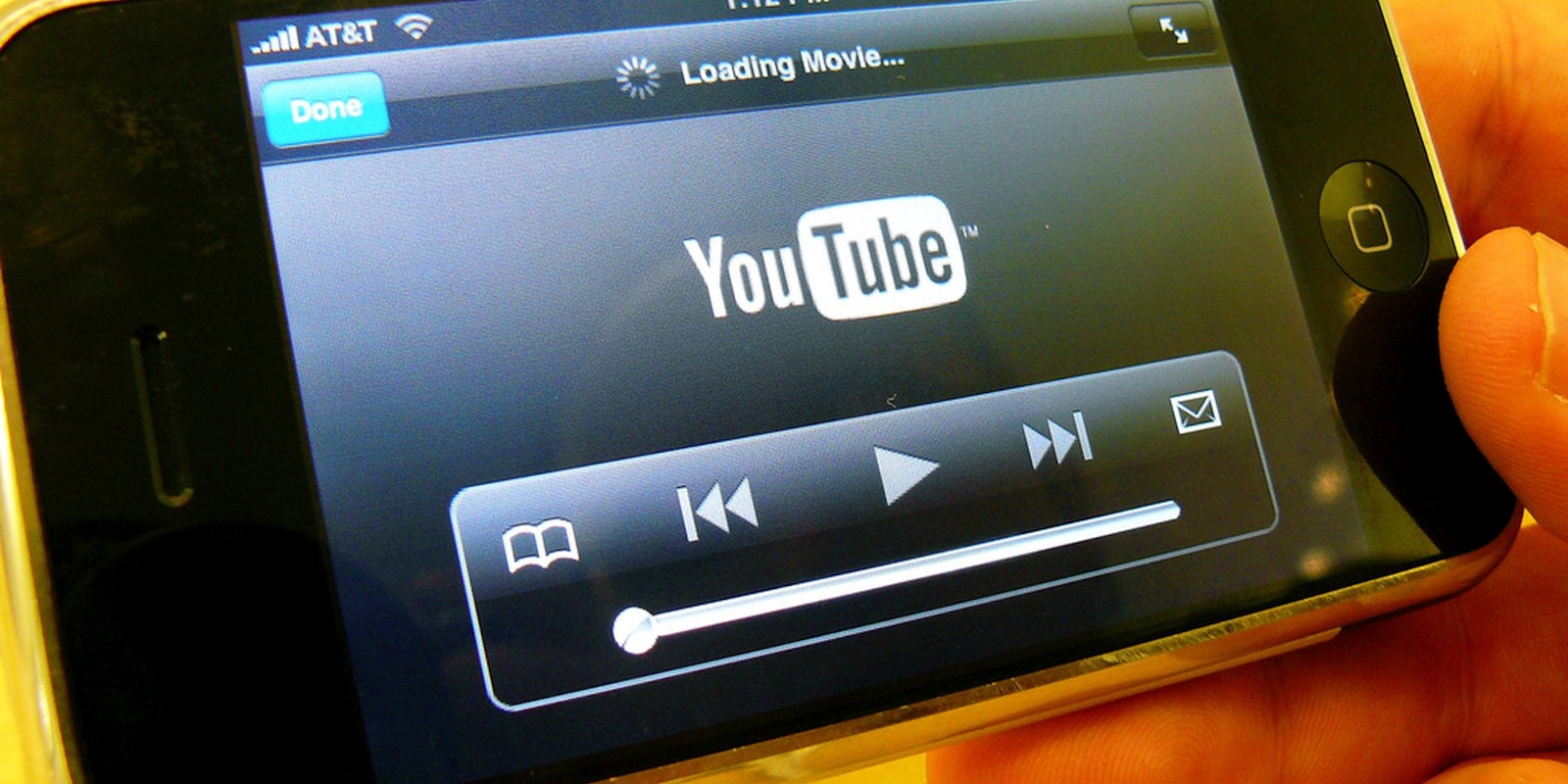Many Russians were led to believe that the government had blocked YouTube after it briefly appeared on a registry of banned websites Wednesday, the Times of India reported.
The video-sharing site was on the list for about an hour before it was removed amid media backlash, although access to YouTube was never actually restricted to Russian citizens.
Roskomnadzor, a Russian government agency that monitors communications and mass media, told reporters that they had no plan to block access to YouTube.
“An unfortunate technical mistake occurred,” Roskomnadzor spokesman Vladimir Pikov said. “We work closely with them (YouTube). Basically, we see no reason now to apply towards its owners any preventive measures.
Only a few clips on YouTube had raised concern and were removed by late Tuesday, according to another spokesperson.
The blacklist registry is part of Russia’s Internet blacklist law, Bill 89417-6, which went into effect Nov. 1. The new law, which was passed in July despite protests from citizens, gives government agencies the capability to blacklist any website that shows child pornography or promotes suicide or illegal drug use.
“The site reviews complaints lodged by members of the public, who can submit screenshots and URLs of the offending sites,” the Russian news service told reporters. “In the first 24 hours of its existence, zapret-info.gov.ru logged over 5,000 complaints of offensive content, 96 percent of which were rejected.”
Reported websites have three days to remove or block access to the offensive content, and if they do not comply, access to the information and possibly even the entire website will be blocked.
This led many to fear that YouTube would be blocked after it refused to remove the highly controversial “Innocence of Muslims” trailer from the website.
Roskomnadzor has a website where you can check to see whether a particular site has been blacklisted, although the entire list of forbidden sites has not been published. Roskomnadzor chief Aleksandr Zharov told RIA Novosti that more than 180 websites were in the registry as of Nov. 9.
Critics of the law believe that it would be a way for the government to censor free speech, and allow the Russian government to ban and censor any website that they did not like.
A local Google spokeswoman said that the company would comply with legal restrictions.
Photo via cursedthing/Flickr


